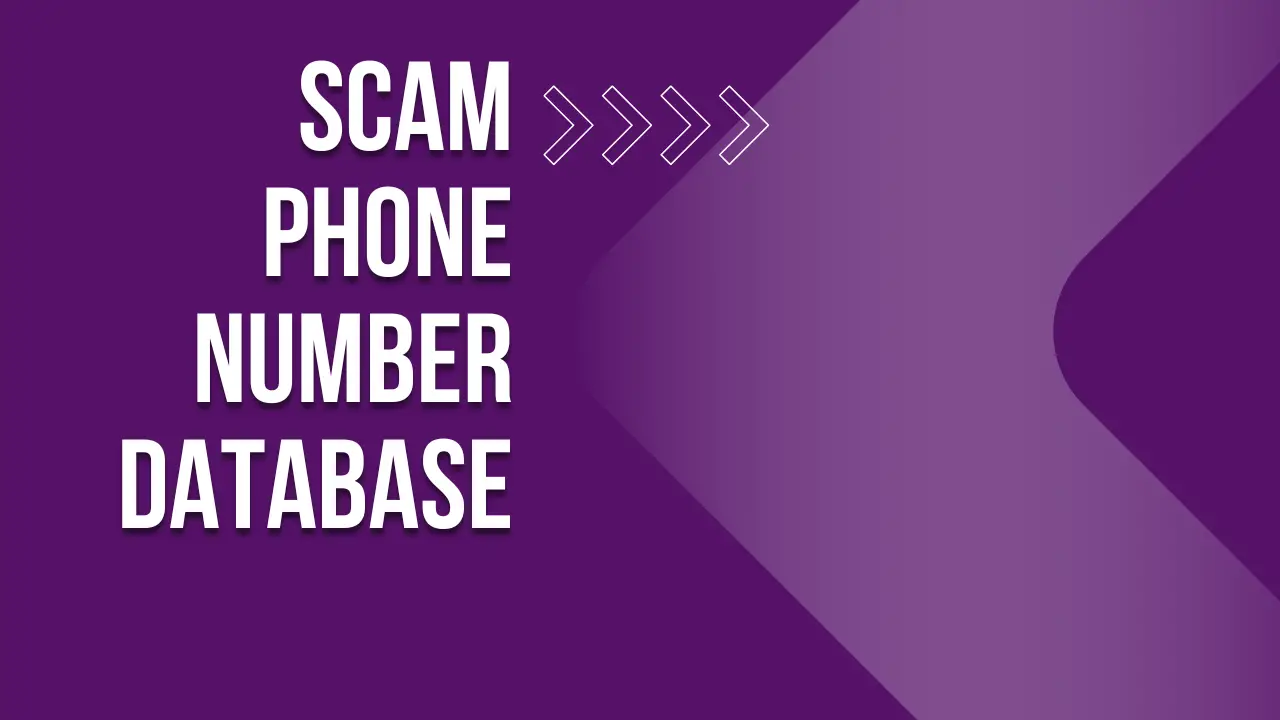The Problem with Scams Today
Scammers have become incredibly sophisticated. They use technology like "spoofing" to make it look like they're calling from a legitimate, local number, or even a trusted organization like a bank Supercharge your email campaigns with premium leads from website: country email list or government agency. They often use high-pressure tactics, creating a sense of urgency to make you act without thinking. The ultimate goal is to get you to reveal sensitive personal information, like your Social Security number or bank details, or to convince you to send them money, often through unconventional means like gift cards or wire transfers. The sheer volume of these calls makes it impossible for any single person to keep track of them all.
What is a Scam Phone Number Database?
A scam phone number database is a collective resource, often an online platform, where individuals can report and look up phone numbers associated with fraudulent activity. These databases are built on community input, with users submitting the numbers, the details of the scam, and their personal experiences. This crowdsourced information is then used to flag these numbers, helping others identify and avoid them. Think of it as a digital neighborhood watch for your phone, where everyone is sharing information to protect the community.

The Power of Community Reporting
The strength of a scam phone number database lies in its community-driven nature. When you receive a suspicious call, you can report it, providing details that might help someone else. This is a simple but powerful act. It's not just about blocking one number; it's about contributing to a larger pool of data that can be used by others. Many of the most effective scam-blocking apps and services rely on these databases to flag calls as "Scam Likely" or "Spam Risk," giving you a crucial heads-up before you even answer. By sharing, you're not just helping yourself—you're actively making a difference for everyone.
How to Use and Contribute to the Database
Using a scam phone number database is straightforward. If you receive a call from an unknown number, you can check it against the database to see if it's been flagged by others. If you've been a victim of a scam or simply received a suspicious call, you should contribute to the database. Many platforms have a simple reporting form where you can enter the number, the date and time of the call, and a brief description of the scam. This information is invaluable for tracking trends and helping others recognize new scams as they emerge.
Beyond the Database: Other Protective Measures
While a scam phone number database is a powerful tool, it's not the only defense against phone fraud. You should always be cautious. Never give out personal information over the phone unless you have initiated the call and are certain of the recipient's identity. If a caller pressures you for information or money, hang up immediately. You can also report unwanted calls to official government agencies, such as the Federal Trade Commission (FTC) in the US, which use this data to investigate and prosecute illegal callers. Additionally, check with your phone carrier to see what call-blocking tools they offer, as many have services that automatically filter or warn you about known spam numbers.
The Future of Fighting Phone Scams
The fight against phone scams is a continuous battle, but with the combined effort of technology and community, we're getting better at it. As more people contribute to scam phone number databases, these resources become more robust and effective. It's a testament to the idea that by working together, we can overcome even the most persistent threats. So, the next time your phone rings with an unknown number, consider it an opportunity to not only protect yourself but also to join the larger effort to build a safer, scam-free digital world.